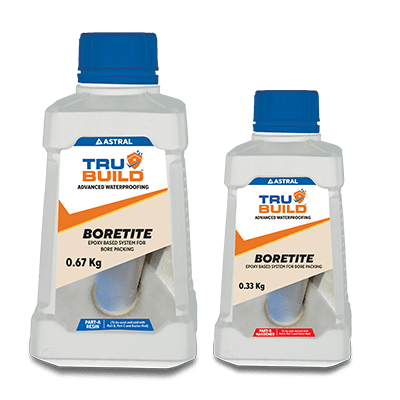How to Choose the Right Tile Adhesive: Steps and Benefits
Jan 6, 2025
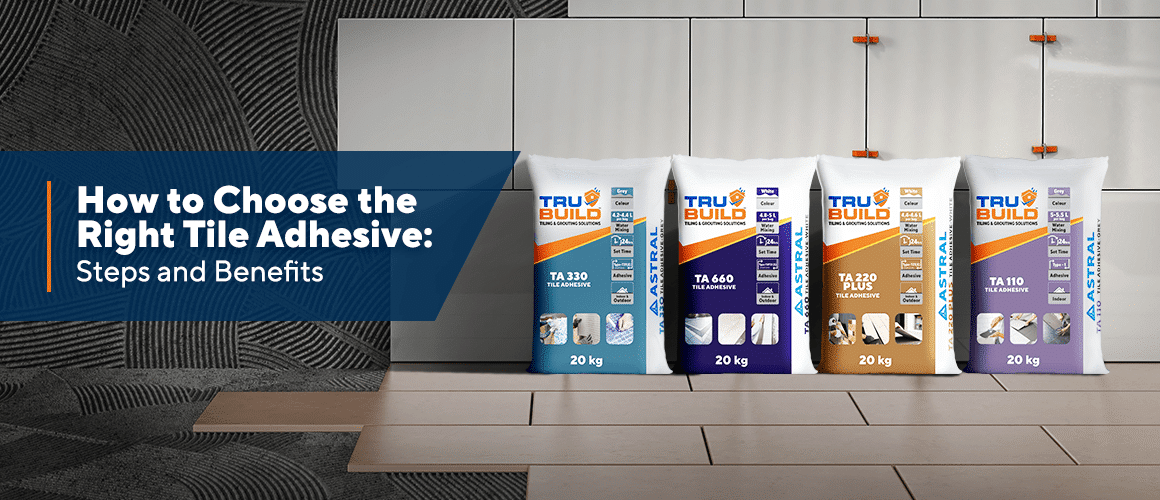
Choosing the right tile adhesive is essential for ensuring a successful and long-lasting tile installation. It acts as the glue between the tile and the surface it’s being installed on, providing stability, support, and durability. Otherwise, it can lead to cracks and gaps between the tiles and result in uneven installation.
Here are steps to help you choose the right tile adhesive and the benefits of making the correct selection:
Steps to Choose the Best Tile Adhesive for Your Tiling Work
- What Kind of Tile Are You Using?
The choice of tile adhesive depends on the type of tile being used as well as the specific location where the tiles will be installed. Ceramic, porcelain, glass, vitrified, or natural stone have unique characteristics requiring different adhesives. Consider the weight of the tile and its water absorption rate when selecting the adhesive. Factors like exposure to moisture, temperature fluctuations, and heavy foot traffic matter when selecting the appropriate adhesive for the project.
- Consider the Surface of Installation
The material of the surface where the tiles will be installed is a key factor in determining the appropriate tile adhesive to use. Whether the surface is concrete, cement board, plywood, or gypsum board, each material requires a specific type of adhesive for optimal adhesion and durability. Ensure the surface and the tiles are clean, flat, and smooth for a successful tile installation.
- How’s the Weather Like?
Factors such as temperature, humidity, and water exposure play a significant role in the performance of tile adhesives. In high-humidity or moisture-prone areas like bathrooms and kitchens, it is crucial to use waterproof or moisture-resistant adhesives to ensure the longevity of the tile installation. Check instructions for the best installation, curing, and drying temperature.
- Choose the Best Tile Adhesive
When it comes to tile adhesives, there are various options available, like cement-based, epoxy adhesive, acrylic, and ready-mixed adhesives. Cement-based adhesives are versatile and commonly used, while epoxy adhesives are chemical resistant and offer excellent adhesion. On the other hand, acrylic adhesives are super flexible which allows them to absorb stresses and movements without compromising the integrity of the tile installation.
- Choose the Right Grade of Adhesive
Wall tile ahesives come in different grades and classifications with varying bond strength, flexibility, and drying times. Check the instructions on the tile adhesive to know the best grade for your specific application.
- Consider Special Requirements (if any)
Large-format tiles, mosaic tiles, or tiles installed over heated floors may need adhesives with stronger or more flexible adhesives. Consult adhesive manufacturers or tile installers for advice on the right wall tile adhesive for your unique project.
- Always Check the Label
The manufacturer knows their product best. Read the instructions on the label carefully to ensure you’re using the adhesive correctly. It should provide detailed information on application methods, coverage rates, curing times, and compatibility with different tile types and substrates.
Benefits of Choosing the Right Tile Adhesive
1.Strong and Durable Bond
- The right tile adhesive creates a strong and lasting bond.
- It minimizes the risk of tile dislodgement, cracking, or delamination over time.
2. Easier to Use
- High-quality glue is easier to work with and enables easy application, adjustment, and alignment of tiles during installation.
- This contributes to a smoother and more efficient installation process.
3.Improved Water Resistance
- Waterproof or moisture-resistant adhesives provide added protection against water damage in wet areas such as bathrooms, showers, and kitchen backsplashes.
-
This ensures a reliable tile installation in wet areas.
4. Increased Longevity
- Choosing a complementary glue for your tilework ensures a smooth installation process and lasting performance.
- A compact tilework will need fewer repairs or replacements, saving time and money in the long run.
5.Compatibility
- Choosing a glue that’s compatible with the surfaces ensures strong adhesion.
- It also prevents installation failures or aesthetic defects.
6.Warranty Coverage
- Using the recommended adhesive specified by the tile manufacturer may be necessary to maintain warranty coverage for the tile product.
- Following manufacturer guidelines ensures compliance with warranty requirements.
7.Professional-Quality Results
- Using the correct adhesive for your tiles is key to achieving professional-quality results.
-
You can also ensure a visually appealing and durable tile installation that enhances the beauty and value of your space.
Choosing the right tile adhesive involves carefully considering factors such as tile type, its material, environmental conditions, adhesive type, and special requirements. By following these steps and selecting a high-quality adhesive product, you can make the most of the advantages of tile adhesives.
If you are looking for the right tile adhesive, look no further than Astral Trubuild. With a rich legacy of over 25 years, we are proud to deliver the best tile adhesive solutions to protect your home against all weather conditions.
Selecting the right adhesive is essential to ensure the longevity and appearance of any tiling project, whether it involves ceramic or natural stone tiles. By understanding the unique needs of your tiles—such as their weight, porosity, and the environmental conditions of the area being tiled—you can choose an adhesive that will provide the durability and strength required for a secure installation. Following best practices in adhesive selection not only enhances the aesthetic quality of your tiling work but also minimizes potential issues, like tile loosening or moisture damage, down the line.


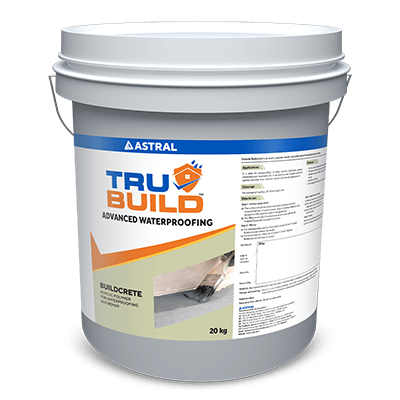
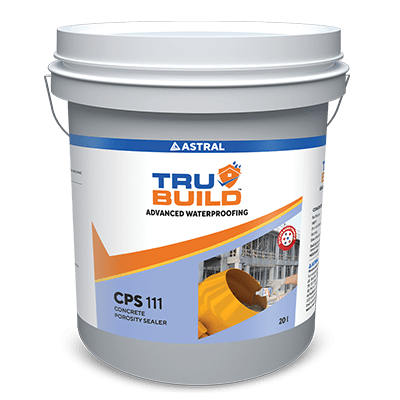
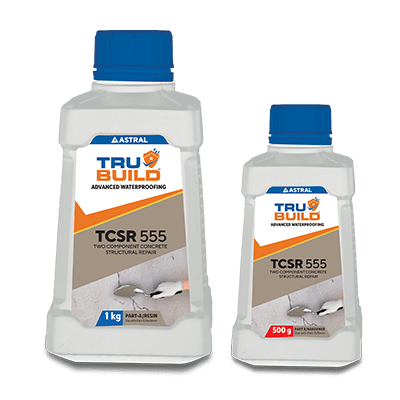


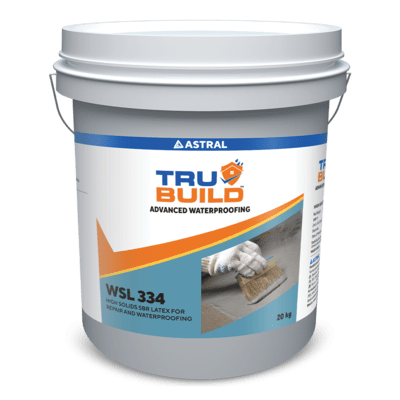
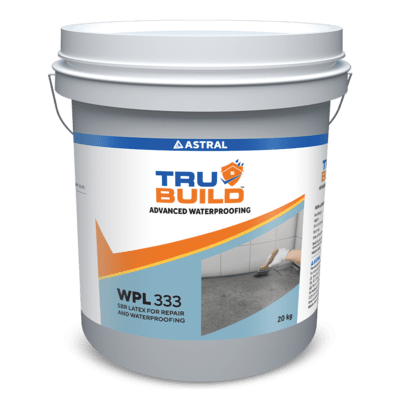
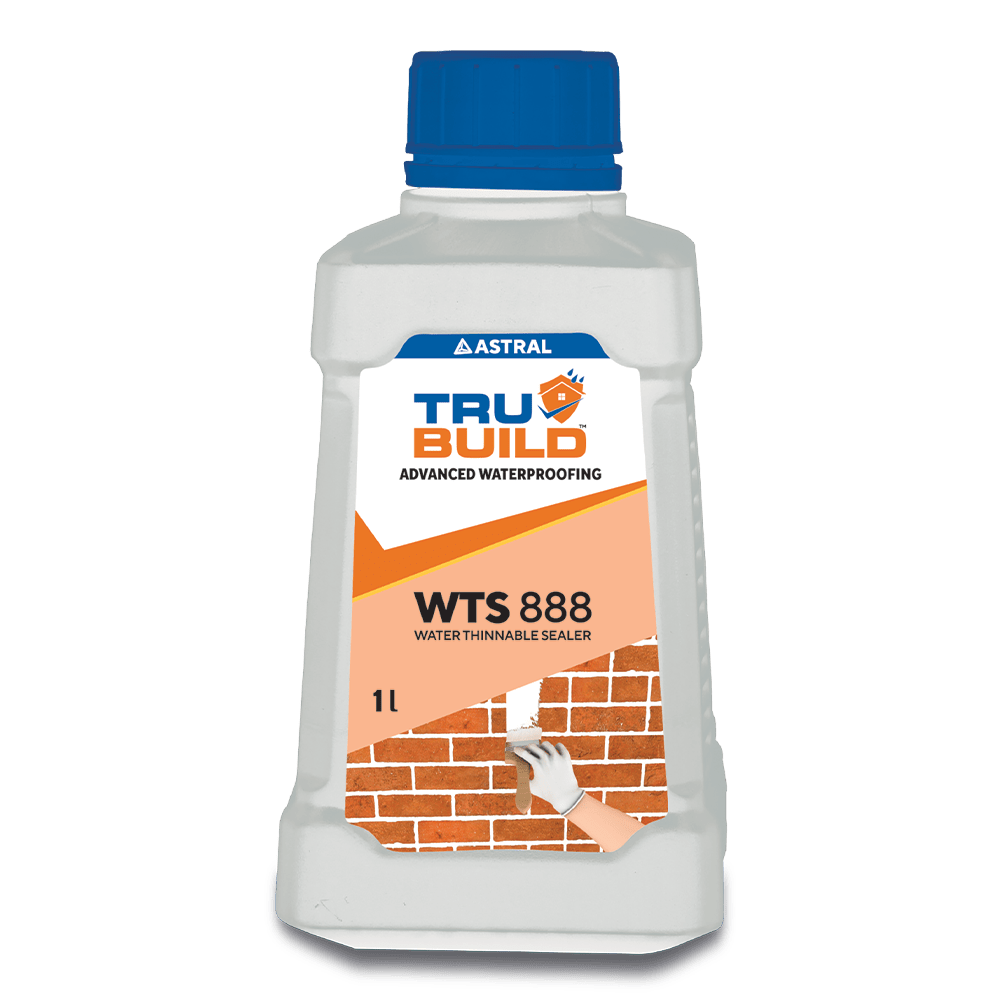



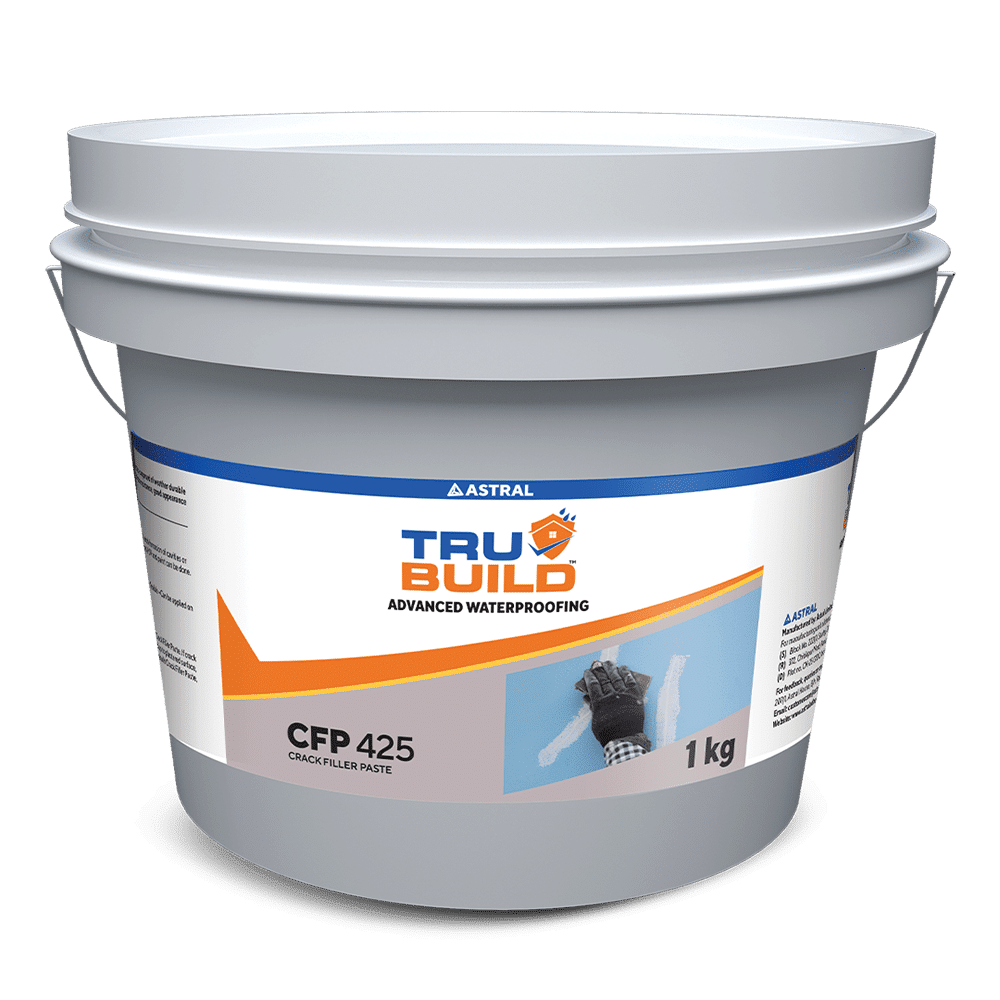




 Professional Sealants
Professional Sealants
 Roof Waterproofing
Roof Waterproofing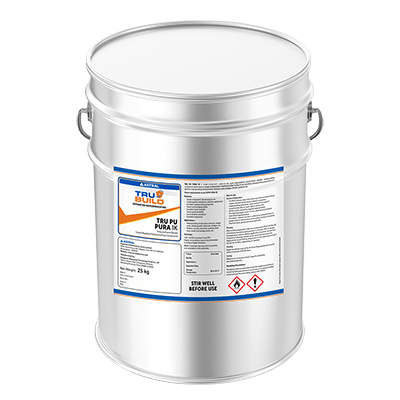
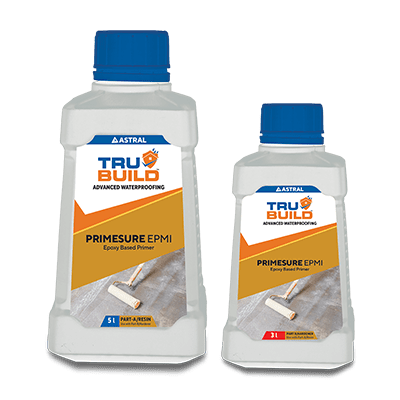





 Substructure Waterproofing
Substructure Waterproofing Tiling and Grouting
Tiling and Grouting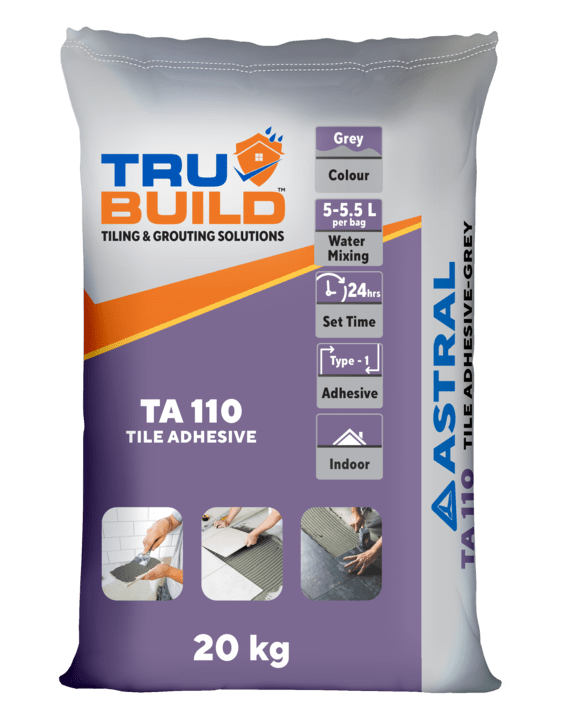
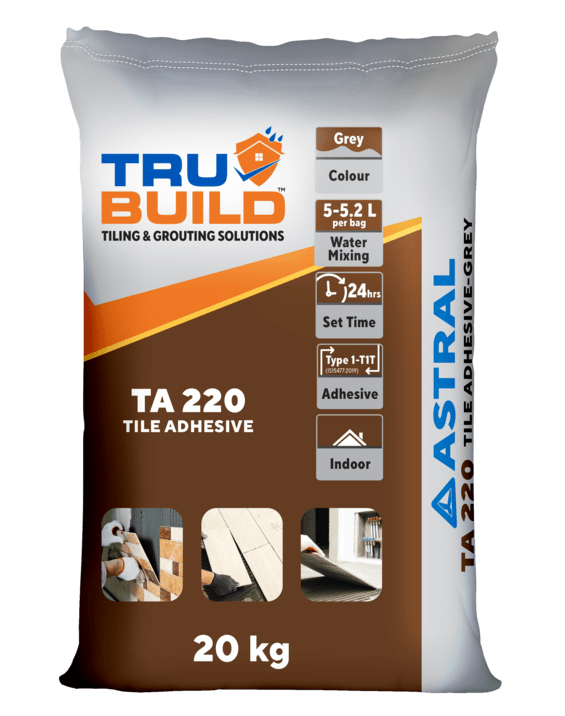
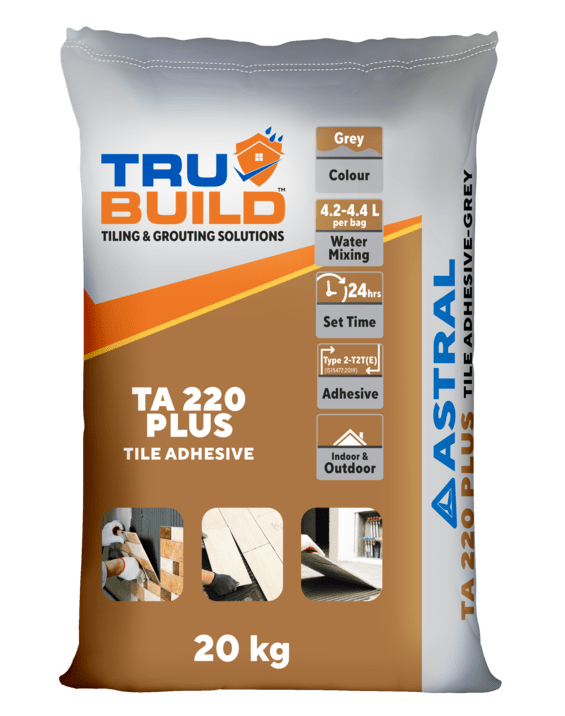
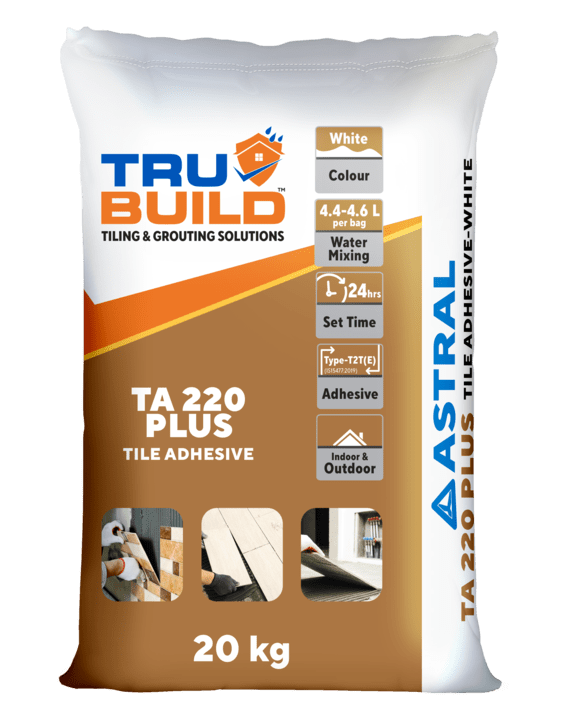
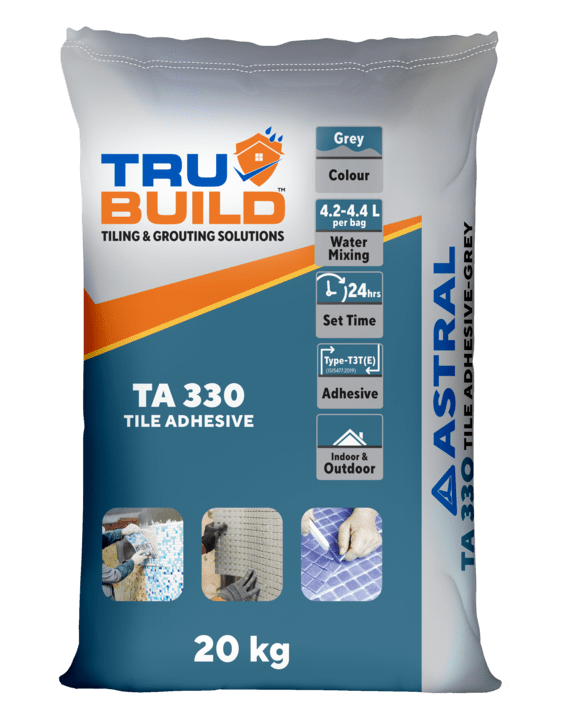
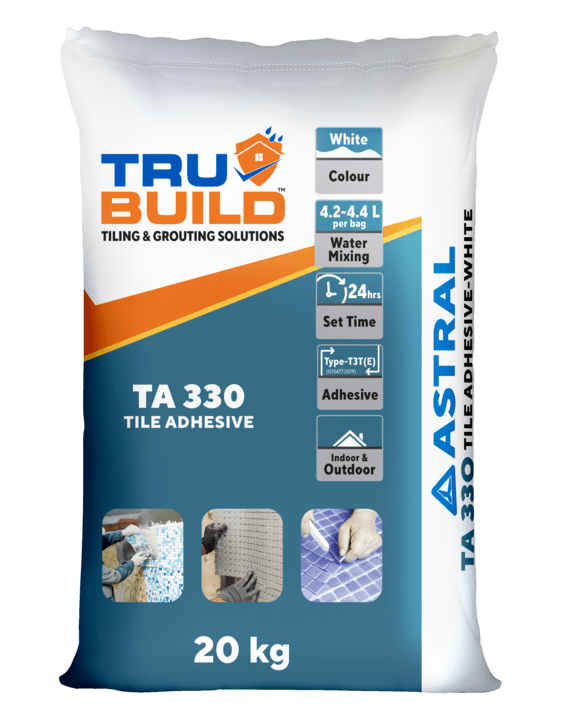
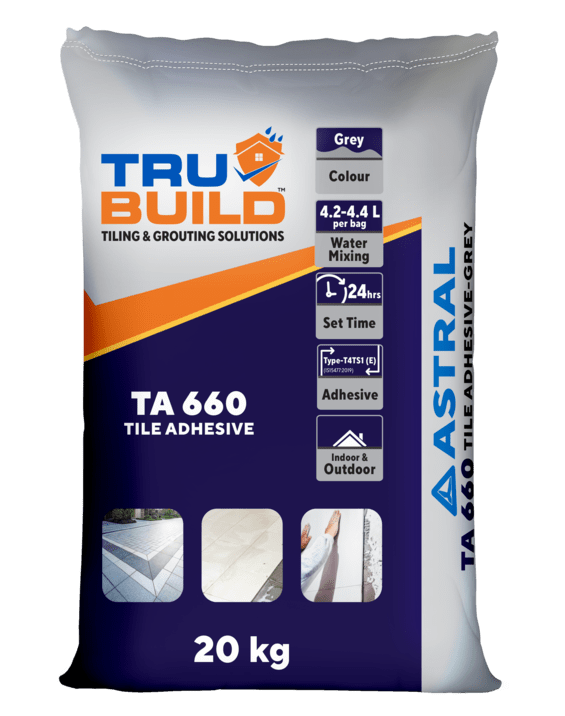
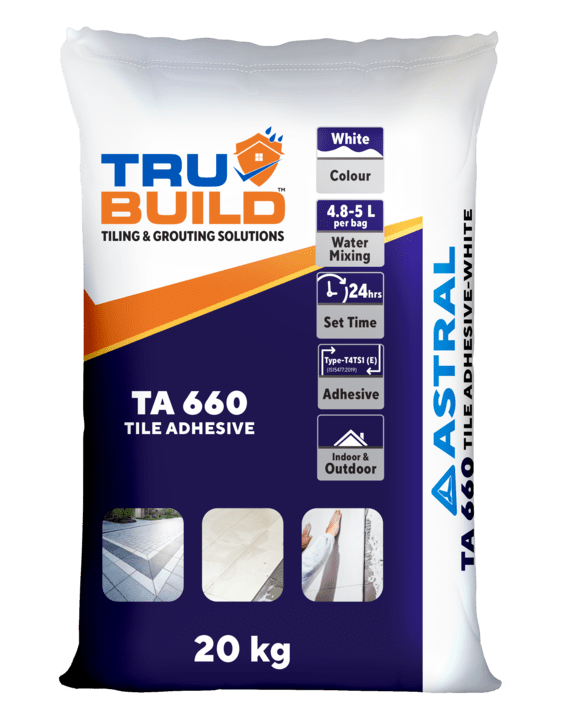


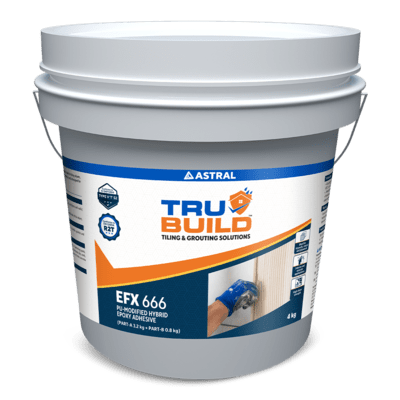
 Water Tanks and Other Areas
Water Tanks and Other Areas